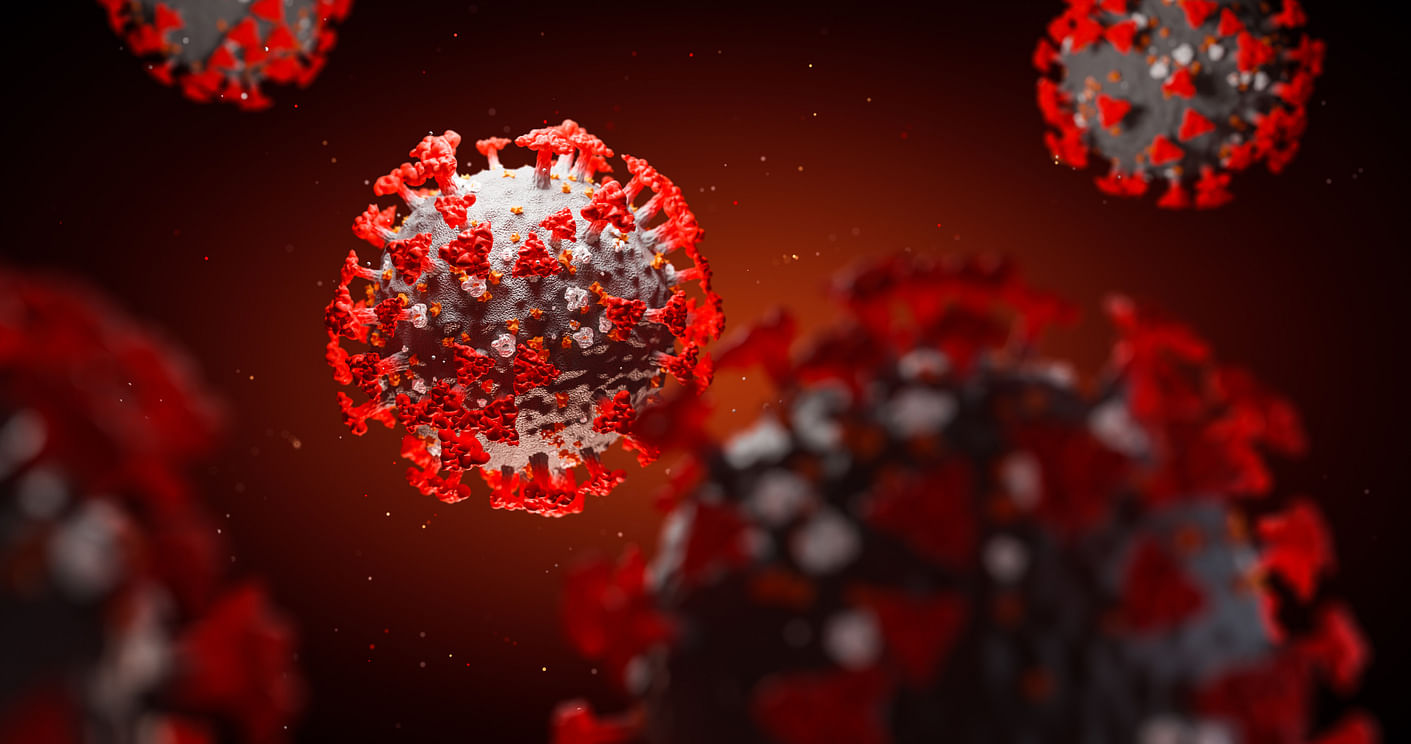
A sensational new study, to be published in a leading science journal, Cell, hints at the possibility that some of us may already be immune against COVID-19.
COVID-19 has devastated some countries, such as the UK and the USA, but so far seems to have relatively spared other countries, including India. Why? This is so puzzling and many answers have been offered. Perhaps different countries are in different stages of the disease, and that’s why the numbers are so different. Perhaps different countries are testing citizens using different methods and at different rates, and so it’s an artifact of under-detection. Perhaps different countries are defining and reporting cases and deaths differently, and so it’s an artifact of how records are being generated.
Perhaps it has to do with the efficiency of containment strategies employed by different countries. Perhaps it has to do with people in some countries being generally younger than those in other countries; we do know that COVID-19 hits the elderly hard. Yet another suggestion is that countries that have a universal BCG birth vaccination policy seem to be protected, but a recent Israeli study suggests that this is not so.
A related puzzle is that some people exposed to SARS-CoV-2, the virus that causes the disease, don’t fall ill at all, while others experience only mild symptoms, and still, others have the full-blown disease and may even die.
So here is an almost absurd thought: Is it possible that some of us are already immune to the disease, and that this may explain the two puzzles stated above?
On the face of it, this seems impossible. SARS-CoV-2 is a novel coronavirus, which means that nobody was exposed to it before it burst on the scene in Wuhan, China, late last year. So nobody could already be immune against it.
Then, if this is so, how did blood cells of people in the USA, identified from samples drawn in 2015-2018, show an immune response against SARS-CoV-2 proteins? Remember, people in the USA in 2015-2018 could not possibly have been exposed to a virus that first appeared in China in late 2019.
The study was conducted at the Center for Infectious Disease and Vaccine Research, La Jolla Institute for Immunology, and the University of California at San Diego, California, USA. The investigators examined blood samples obtained from 20 COVID-19 outpatients who were recovering from the disease, and who hence had an immune response against the disease.
The investigators found that important immune cells in the blood of these patients, called CD4+ and CD8+ T lymphocytes, could recognize several SARS-CoV-2 proteins. These included the spike protein, which gives the virus its distinctive appearance but also included proteins called M, N, and others.
Now here is the strange bit. The authors of this study also examined blood specimens drawn between 2015 and 2018 from 20 healthy American donors. Surprise. About 40-60 per cent of the healthy donor blood samples had CD4+ cells that were reactive against the different SARS-CoV-2 non-spike and spike proteins.
Since these healthy donors could not possibly have been exposed to the virus before the pandemic, where did their immunity come from?
One possibility is cross-immunity. There are four coronaviruses that cause the common cold in humans. It is possible that the cells that are reactive against common cold coronavirus proteins may be cross-reactive against SARS-CoV-2 proteins.
It is very tempting to speculate that this may explain why some people, and even some geographical territories, are less vulnerable to COVID-19 than others; perhaps pre-existing immunity against common cold coronaviruses may be an explanation.
This would be wonderful news if true. However, we cannot be certain that it is true. We cannot know whether people are truly immune to COVID-19 if they have these cross-immune CD4+ cells. We will only know if we can compare blood samples of persons before and after they are exposed to SARS-CoV-2, and then see who gets the disease and who does not. Conducting such a study would be rather tricky.
The hope arising from this study notwithstanding, readers must remember that, even in India, people are contracting COVID-19 and are dying from it. It is therefore important to stay with the basics: Using a mask, practicing social distancing, and sanitising hands and surfaces.
On an important parting note, most of the COVID-19 vaccines under development target the spike protein with a view to amplify the CD4+ response against this protein. However, given that T cells in convalescent blood samples additionally target other SARS-CoV-2 proteins, it may be desirable to include other antigens in the vaccine, as well.
(Dr Chittaranjan Andrade is Dean, National Institute of Mental Health and Neurosciences, Bengaluru)
The views expressed above are the author’s own. They do not necessarily reflect the views of DH.